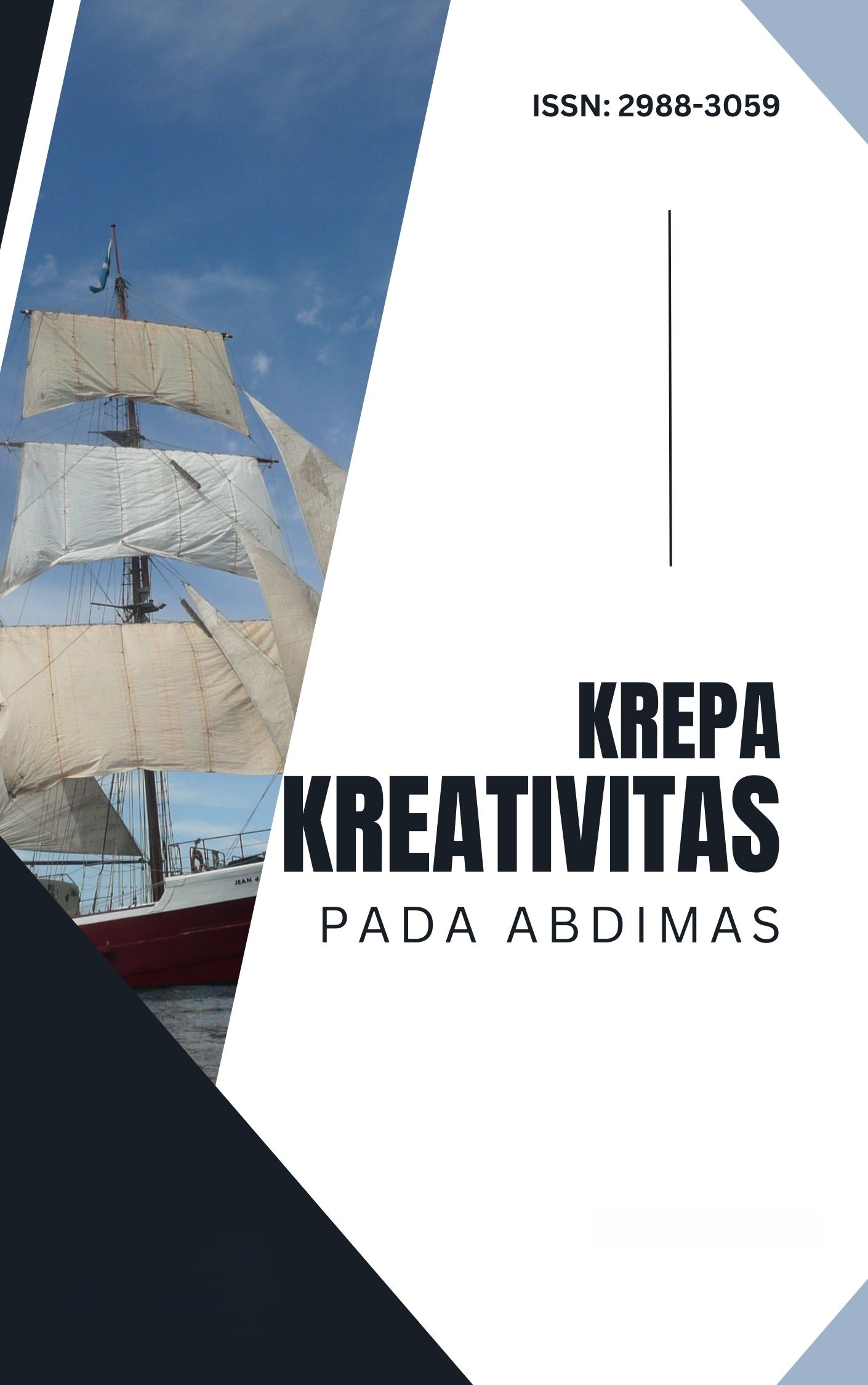PENERAPAN METODE CASEWORK DALAM MENGEMBANGKAN POTENSI REMAJA DARI KELUARGA EKONOMI TERBATAS : STUDI KASUS DI YAYASAN BAITUL MAAL BRILIAN RO MEDAN
DOI:
https://doi.org/10.34743/efg3qf74Keywords:
Casework, Economically disadvantaged adolescents, Strength-based approachAbstract
This research aims to understand the application of strength-based casework approach in developing the potential of adolescents from economically disadvantaged families. The study employed a qualitative case study method with a descriptive approach on a client with initials MZ, a 14-year-old male student in 8th grade from an underprivileged family in Medan Marelan. Data were collected through participant observation, in-depth interviews, documentation, and reflective notes during the period from March 3 to June 20, 2025, at Yayasan Baitul Maal BRILiaN RO Medan. Intervention was conducted through systematic casework stages including engagement, assessment, planning, intervention, evaluation, and termination using a strength-based approach. Evaluation using the CIPP model (Context, Input, Process, Product) showed positive results including increased client self-confidence from being shy to brave in showing work, improved self-expression from passive to actively discussing, enhanced family communication that is more open and mutually supportive, and increased motivation to continue education and create works. This research proves that parental support despite economic limitations can be an important factor in developing adolescent potential when combined with appropriate casework intervention.
References
Badan Kependudukan dan Keluarga Berencana Nasional (BKKBN). (2012). Pedoman Pengelolaan Bina Keluarga Remaja (BKR). Jakarta: BKKBN.
Buku BRILiaN Maal RO Medan.
Hurlock, Elizabeth B. (2003). Psikologi Perkembangan: Suatu Pendekatan Sepanjang Rentang Kehidupan. Jakarta: Erlangga
Umar, M. (2015). Peranan orang tua dalam peningkatan prestasi belajar anak.JURNAL EDUKASI: Jurnal Bimbingan Konseling,1(1), 20-28.Walgito, B. (2003). Psikologi sosial. Yogyakarta: Andi Yogyakarta.
Santrock, John W. (2002). Perkembangan Masa Hidup (Life‑Span Development). Jakarta: Erlangga.
Sari, R., & Lestari, M. (2019). Pengaruh Dukungan Sosial Keluarga terhadap Resiliensi Remaja di Lingkungan Marginal. Jurnal Ilmu Kesejahteraan Sosial, 11(1), 45–59.
Fajar, Agus, & Mia. (2022). Buku Panduan Praktik Kerja Lapangan 1&2. Medan : Fakultas Ilmu Kesejahteraan Sosial dan Ilmu Politik Universitas Sumatera Utara.
Firmansyah, D. (2021). Penerapan Pendekatan Strength-Based dalam Praktik Pekerjaan Sosial terhadap Anak Berisiko di Panti Sosial. Jurnal Pekerjaan Sosial dan Pemberdayaan, 6(3), 87–101.
Gunarsa, S. D. 1999. Psikologi untuk Keluarga. Cetakan ke 13. Penerbit PT BPK. Gunung Mulia, hlm 42.
Nuraeni, S. (2020). Peran Dukungan Orang Tua dalam Mengembangkan Potensi Anak Remaja dari Keluarga Tidak Mampu. Jurnal Psikologi Perkembangan, 8(2), 123–135.
Juli Andrianyani, Jurnal Al-Bayan / VOL. 22 NO. 34 JULI - DESEMBER 2016.
Downloads
Published
Issue
Section
License
This work is licensed under a Creative Commons Attribution-ShareAlike 4.0 International License.











